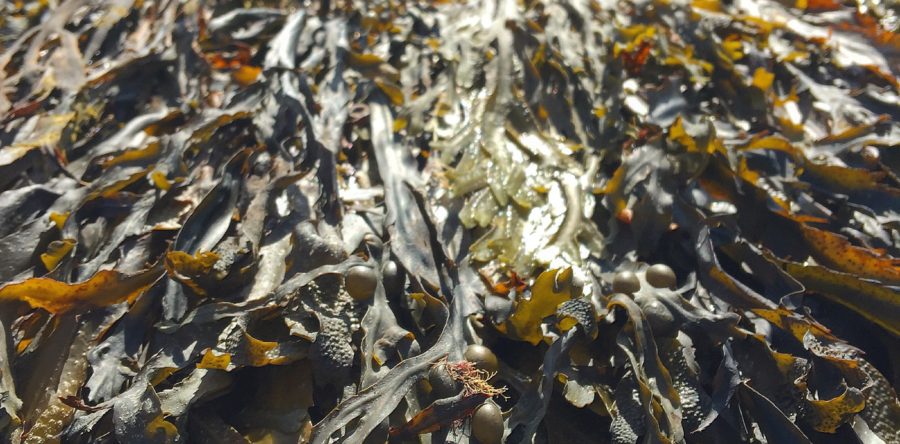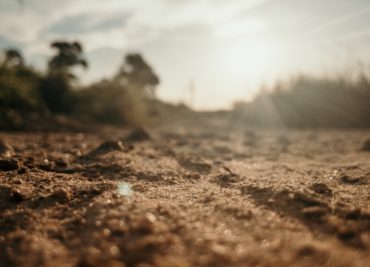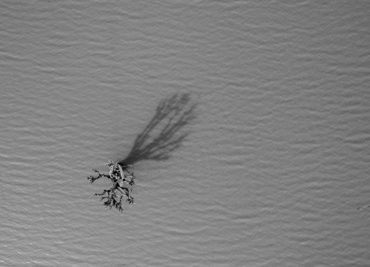Kelp forests play an important ecological role in coastal marine ecosystems by providing habitat for several marine species, and by contributing to primary production and carbon storage (Lamb et al., 2011; Pfister et al., 2017; Siddon et al., 2008). Nereocystis luetkeana, commonly known as bull kelp, is a species of kelp that grows and forms
extensive forests in nearshore subtidal habitats on the Pacific coast (Schoch and Héloíse, 2004). Bull kelp is an annual species that completes its life cycle within a single growing season and reproduces in the same location from year to year (Dobkowski et al., 2019).





